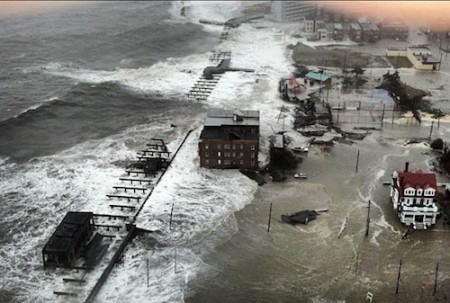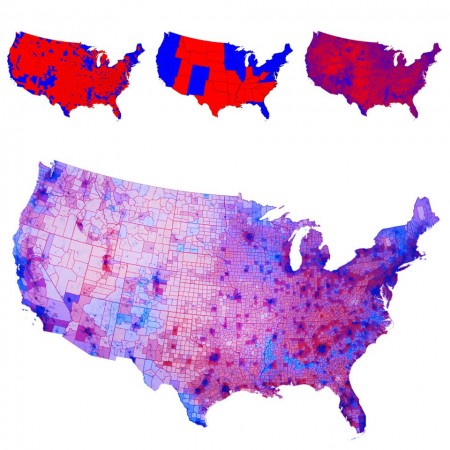Another Realm in Which Expertise Matters: GOTV Software Development
Saturday, November 24th, 2012Here are a couple of items I found interesting because they relate to what I do for my day job: web application development. It turns out that along with overpaying for advertising and buying a lot of polls that mispredicted the electoral outcome, the Romney campaign also hired a bunch of inexperienced technologists who made common mistakes on their way to under-delivering a custom get out the vote (GOTV) web application called Orca: Inside Team Romney’s whale of an IT meltdown.
Jumping to the end of the article:
IT projects are easy scapegoats for organizational failures. There’s no way to know if Romney could have made up the margins in Ohio if Orca had worked. But the catastrophic failure of the system, purchased at large expense, squandered the campaign’s most valuable resource—people—and was symptomatic of a much bigger leadership problem.
“The end result,” Ekdahl wrote, “was that 30,000+ of the most active and fired-up volunteers were wandering around confused and frustrated when they could have been doing anything else to help. The bitter irony of this entire endeavor was that a supposedly small government candidate gutted the local structure of [get out the vote] efforts in favor of a centralized, faceless organization in a far off place (in this case, their Boston headquarters). Wrap your head around that.”
What made this especially interesting to me is that for the past several years I’ve been learning a lot about the DevOps movement, which solves exactly the kinds of problems the Romney campaign experienced with Orca. If you look around at which companies have done best at iterating their web applications quickly and scaling up successfully (well-known companies like Facebook, Twitter, and Google, along with smaller start-ups like Etsy), they’re all using a particular set of practices.
Those practices are the result of an explicitly scientific approach. It’s the same process that Karl Popper described as conjectures and refutations. One can think of the old-school, non-agile, inadequately tested approach to software development that the Romney consultants used as the equivalent of a scientific conjecture. The failure modes that approach leads to are a refutation. If you’re proceeding scientifically, and are treating your ideas as falsifiable, you junk that approach and replace it with one that the people using science have found to be superior. If you’re the Romney campaign’s consultants, though, you ignore what those poindexters are saying and proceed on the basis of your gut feeling.
Contrast this with the Obama campaign, which actually hired people who knew what they were doing: When the Nerds Go Marching In.
We now know what happened. The grand technology experiment worked. So little went wrong that Trammell and Reed even had time to cook up a little pin to celebrate. It said, “YOLO,” short for “You Only Live Once,” with the Obama Os.
When Obama campaign chief Jim Messina signed off on hiring Reed, he told him, “Welcome to the team. Don’t fuck it up.” As Election Day ended and the dust settled, it was clear: Reed had not fucked it up.
The campaign had turned out more volunteers and gotten more donors than in 2008. Sure, the field organization was more entrenched and experienced, but the difference stemmed in large part from better technology. The tech team’s key products — Dashboard, the Call Tool, the Facebook Blaster, the PeopleMatcher, and Narwhal — made it simpler and easier for anyone to engage with the President’s reelection effort.
GOTV software isn’t very important in and of itself. In the rare case that it makes the difference in who gets elected, it would be hugely important (obviously), but that probably didn’t happen here. Obama probably would have won this election without his superiority in GOTV software.
But as a reflection of a fundamental difference in how Romney and Obama (and, to some extent, the modern Republican and Democratic parties that they represent) approach the business of actually governing, I think this story actually is important. Reality matters. Conforming your mental model of the world to the best available scientific understanding is a much better way to get difficult things done than just squeezing your eyes shut and wishing very, very hard that the universe will conform itself to your desires.



